This article was medically reviewed by Erik Kramer, DO, MPH. Dr. Erik Kramer is a Board-Certified Primary Care Physician at the University of Colorado. With over 15 years of experience, his clinical interests include obesity and weight management, diabetes care, and preventive care, as well as embracing a holistic approach to primary care. He received his Doctorate in Osteopathic Medicine (D.O.) from the Touro University Nevada College of Osteopathic Medicine and completed his residency at Central Maine Medical Center. Dr. Kramer is a Diplomate of the American Board of Obesity Medicine.
There are 14 references cited in this article, which can be found at the bottom of the page.
This article has been viewed 11,061 times.
Thyroid Eye Disease (TED) is a symptom of Graves’ disease, an autoimmune condition. TED causes swelling and pressure in the eyes, making them difficult to close. This sounds scary, but there are many ways to treat it and most people make a full recovery with no lasting vision loss. When you see your doctor, they will probably try a variety of medications like corticosteroids and beta-blockers to control the condition, reverse hyperthyroidism, and restore euthyroidism (normal thyroid levels). In some cases, minor surgery is needed to correct your eyesight. While you recover, alleviate symptoms at home with cold compresses and eyedrops to make yourself more comfortable.[1] By following the proper care, you can usually overcome TED without lasting side effects.
Steps
Alleviating Symptoms with Medication
-
1Use corticosteroids to fight the inflammation. These medications are the most common treatment for TED, especially during its active phase. Corticosteroids reduce swelling and inflammation, which alleviates the pressure on your eyes. They are administered in pill form or intravenously, depending on what your doctor thinks is best.[2]
- Corticosteroids are prescription-only medications, so visit your doctor to get them.
- Take all medications under your doctor's discretion and exactly how they instruct you to. Never take prescription medication that your doctor hasn't prescribed.
- Prednisone is a common corticosteroid that your doctor may prescribe. Your doctor may want to start you on a high dose of prednisone, such as 80-100 mg, but lower doses, such as 30-40 mg, may be just as effective for moderate hyperthyroidism and have fewer side effects.
-
2Lower your immune response with immune-suppressing drugs. Graves’ disease is an autoimmune disease, meaning that your body has an overactive immune response that attacks healthy tissue. Immune-suppressing drugs lower your immune response so your body stops attacking itself. Your doctor may prescribe these medications to improve your TED symptoms and prevent them from getting worse.[3]
- Your doctor might use immuno-suppressants short-term to fight the TED outbreak, or long-term to manage your Graves’ disease.
- Take extra care to keep yourself healthy while you’re on immune-suppressing drugs because it may be easier for you to get sick. Practice a healthy diet, take vitamin supplements, and wash your hands often.
Advertisement -
3Control your thyroid levels with beta-blockers. An overactive thyroid can cause TED, so after controlling your initial symptoms, your doctor will probably want to bring your thyroid under control. Beta-blockers reduce the impact of thyroid hormones on your body, effectively controlling an overactive thyroid. Follow your doctor’s instructions on taking this medication if they prescribe it.[4]
- Beta-blockers lower your heart rate and blood pressure, both of which are side effects of an overactive thyroid. This lowers the pressure in your eyes and can reduce the swelling.[5]
- Beta-blockers aren’t the only medications that control your thyroid. Your doctor may try a variety of different medicines to lower your thyroid activity.
Treating the Condition at Home
-
1Apply a cold compress to alleviate discomfort. The swelling and pain from TED can impact your quality of life. A cold compress helps reduce swelling and numb the pain. Take a washcloth and wet it with cold water. Lay back and hold it over your eyes for 15-20 minutes. Repeat this treatment up to 4 times per day.[6]
- While you can also use an ice pack, a cold washcloth is better because the moisture is better for your eyes. If you do use an ice pack, make sure to wrap it in a towel so it doesn't directly touch your skin.
- Don’t press the compress down on your eyes. This will be painful. Just let it rest on your eyes.
-
2Use lubricating eyedrops if your eyes are dry. Since TED makes it difficult to close your eyelids, dry eyes are common. Use OTC (over the counter) lubricating eyedrops to help. Apply them according to the product directions, or as your doctor instructs you to.[7]
- Gel-based eyedrops are usually best because they last longer and lubricate the eye more effectively.[8]
- Eyedrops are especially useful at bedtime because your eyelids may open at night. Applying drops before bed helps prevent them from drying out at night.
- Ask your doctor for guidance on what brand of eyedrops to use. You might have specific needs for your condition.
- Look for artificial tears that contain 1% methylcellulose. These are often the most effective when used every 2-3 hours during the day.[9] Then, try using petroleum jelly to lubricate your eyes at night.[10]
-
3Elevate your head while you sleep to reduce swelling. Elevating your head drains fluids away from your head. When you go to bed, put an extra pillow under your head to raise it higher than normal. This can prevent increased swelling overnight.[11]
- If you have an adjustable bed, you can also place it on a high setting to keep your head raised.
-
4Sleep with an eye cover to prevent your eyes from drying out. Since TED can make your eyelids open at night, your eyes can dry out while you sleep. Use a sleeping mask or eye cover at night to protect your eyes if your eyelids open.[12]
- For more severe cases, use medical tape to seal your eyes at night. Ask your doctor about the best way to do this.
-
5Wear sunglasses while you’re outside. People with TED and Graves’ disease are especially sensitive to sunlight. Wear a quality pair of sunglasses every time you go outside, even if it isn’t sunny. Make sure the sunglasses you use are stamped with something like “100% UV protection” to indicate that they block all ultraviolet rays. Sunglasses with less of a UV protection rating won’t help your eyes.[13]
- There are also prescription sunglasses that help your eyesight along with protecting you from UV rays.
- If your eyes are protruding, wear sunglasses that wrap around the side of your head. This protects your eyes from wind and dust.
-
6Wear prism glasses to correct double vision. If your eye muscles have weakened, then you may have double vision or other eyesight problems. Prism glasses can correct this problem. Speak with your eye doctor about getting a pair of prism glasses to improve your eyesight.[14]
- Prism glasses require a prescription, so visit your eye doctor for one.
- If you did suffer from vision loss from TED, don’t panic. It’s very rare for patients to go blind from the disease, and in most cases, your eyesight will improve.
-
7Quit smoking if you smoke. Smoking aggravates Graves’ disease and can make your TED symptoms worse. If you smoke, quit as soon as possible. This can help alleviate your symptoms, or prevent the onset of TED altogether.[15]
- Even if you haven’t experienced TED symptoms, quitting smoking has numerous other health benefits.
- If you don’t smoke, then don’t start. Smoking has many negative health effects besides just aggravating TED.
- It’s very important to quit smoking or avoid starting. Smoking may worsen thyroid eye disease after you’ve had radioiodine thyroid treatment and negate the effects of anti-inflammatory treatment.
Seeking out Surgical Treatments
-
1Have orbital radiotherapy if steroids don't stop the swelling in your eyes. This treatment targets X-rays at tissues behind your eyes. Over several days, this tissue shrinks, freeing more room in the eye socket. The extra room reduces the pressure on your eyes. If you don’t respond to corticosteroids, your doctor may use this treatment to reduce inflammation.[16]
- Radiotherapy isn’t painful or invasive.
- Radiotherapy is an older treatment and some doctors have questioned its effectiveness. Don’t be surprised if your doctor doesn’t use this treatment.
-
2Extend your eyelids with surgery if you can't keep your eyes closed. TED makes the eyelids retract, and it may be difficult for you to close your eyes. Even if the eye swelling goes down, you may still be unable to close your eyes. In this case, your doctor will probably prescribe eyelid surgery. This extends the eyelids so they cover your eyes completely. This prevents irritations and dryness. In many cases, an eye doctor can perform this surgery in the office and send you home within a few hours.[17]
- This surgery may sound scary, but recovery time is short and pain is minimal. You'll be able to go home the same day as the procedure.
- Make sure to consult an ophthalmologist who has experience treating patients with thyroid eye disease and reconstruction.
-
3Reduce pressure on your eyes with decompression surgery. This surgery removes excess bone and fat from the eye socket, allowing more room for the eyeball. This reduces pressure on the eye and relieves TED symptoms. While it sounds invasive, the surgery is simple and routine, which few complications. Your doctor may opt for this treatment if steroids or radiotherapy weren’t successful. [18]
- This surgery is a bit more involved than eyelid surgery, but recovery time is still short. Most patients go home the same day and only experience bruising for about 2 weeks after the surgery.
- You can manage any residual pain with pain relievers.
- Decompression surgery usually improves eyesight for TED sufferers, but some complications like double or blurred vision could remain.
-
4Improve your eye muscles with corrective surgery if you have vision problems. Some people with TED experience weakened eye muscles, which impairs vision. Corrective surgery can repair those muscles and improve your eyesight. Surgeons will apply local anesthesia, so you won't be unconscious. They'll then remove some of the tissue that's built up on your eye muscles to improve their performance. Your doctor may use this treatment if prism glasses haven’t fixed your double vision.[19]
- This is another relatively simple procedure with minimal recovery time. Most patients go home the same day as the procedure.
- In some cases, you might need follow-up surgeries to fix your eye muscles completely.
Warnings
- If you have any sudden changes in your eyesight or the appearance of your eyes, visit your eye doctor right away. These are potential symptoms of TED or another underlying condition.⧼thumbs_response⧽
- If you have surgery, follow all of the post-op procedures to prevent an infection or complications.⧼thumbs_response⧽
References
- ↑ https://eyewiki.aao.org/Thyroid_Eye_Disease
- ↑ https://www.health.harvard.edu/a_to_z/graves-eye-disease-graves-ophthalmopathy-a-to-z
- ↑ https://www.health.harvard.edu/a_to_z/graves-eye-disease-graves-ophthalmopathy-a-to-z
- ↑ https://webeye.ophth.uiowa.edu/eyeforum/tutorials/thyroid-eye-disease/4a-TED-treatment.htm
- ↑ https://www.hopkinslupus.org/lupus-treatment/common-medications-conditions/thyroid-medications/
- ↑ https://www.thyroid.org/graves-eye-disease/
- ↑ https://www.thyroid.org/graves-eye-disease/
- ↑ https://thyroideyedisease.net/living/tips-feel-more-like-myself
- ↑ https://www.ncbi.nlm.nih.gov/pmc/articles/PMC3729509/
- ↑ https://www.ophthalmologytimes.com/view/effective-management-thyroid-eye-disease
- ↑ https://www.niddk.nih.gov/health-information/endocrine-diseases/graves-disease
- ↑ https://www.umkelloggeye.org/conditions-treatments/thyroid-eye-disease
- ↑ https://thyroideyedisease.net/travel-tips
- ↑ https://www.health.harvard.edu/a_to_z/graves-eye-disease-graves-ophthalmopathy-a-to-z
- ↑ https://www.btf-thyroid.org/ted-and-smoking-information-for-patients
- ↑ https://pubmed.ncbi.nlm.nih.gov/22786503/
- ↑ https://www.umkelloggeye.org/conditions-treatments/thyroid-eye-disease
- ↑ https://www.health.harvard.edu/a_to_z/graves-eye-disease-graves-ophthalmopathy-a-to-z#:~:text=Graves'%20eye%20disease%2C%20also%20called,are%20mild%20and%20easily%20treated
- ↑ https://www.umkelloggeye.org/conditions-treatments/thyroid-eye-disease
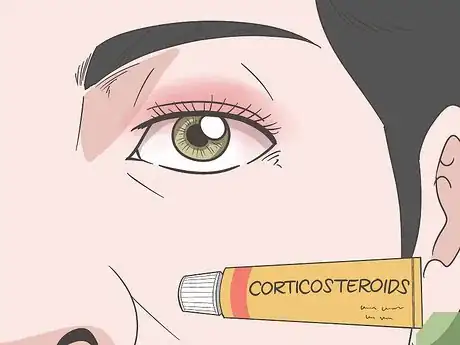
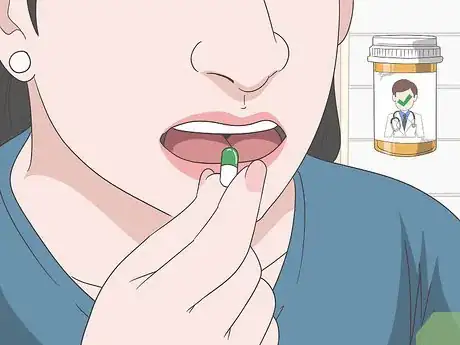
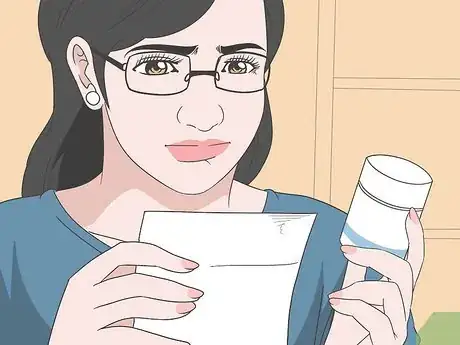
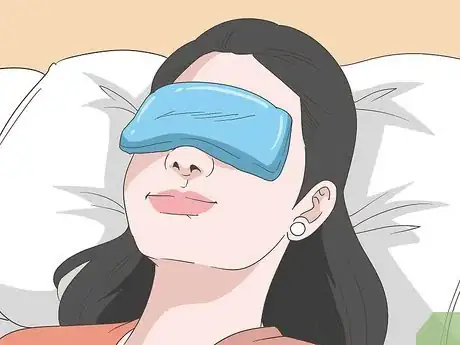
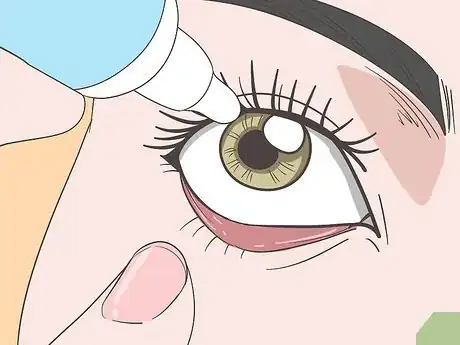
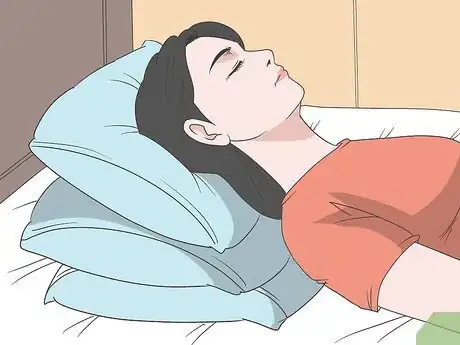
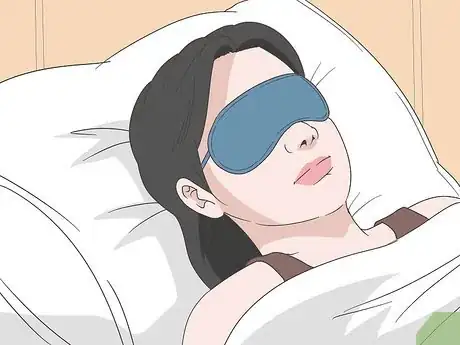
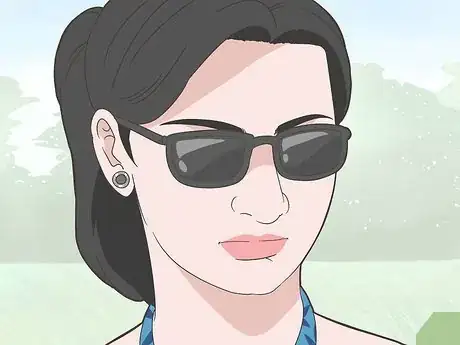
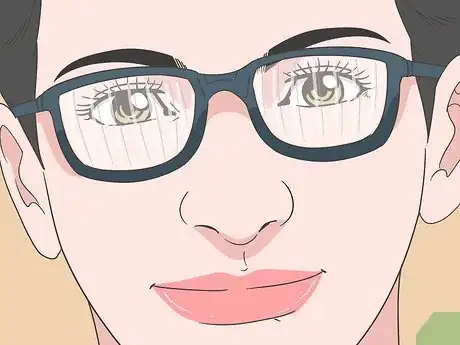
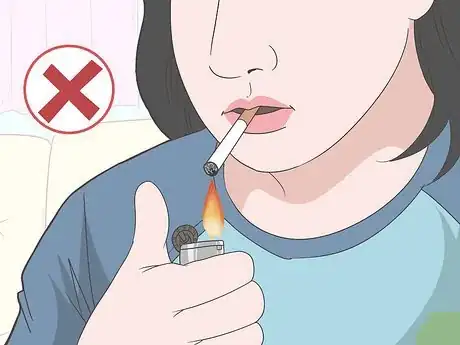
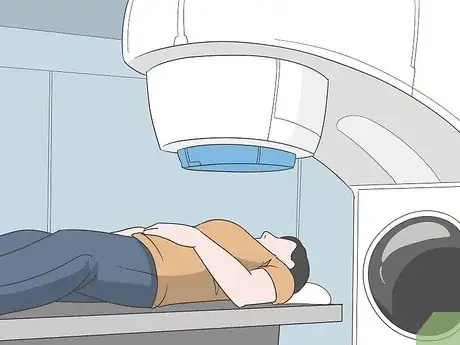
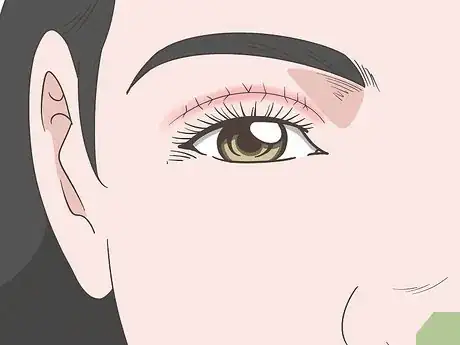
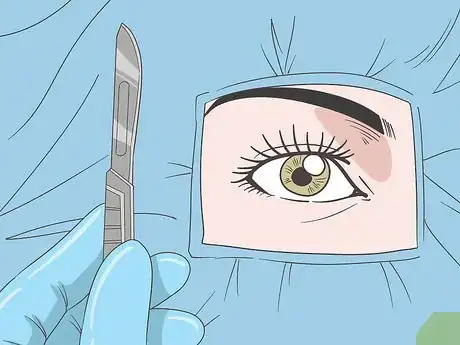

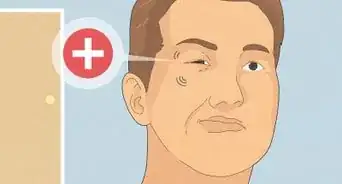
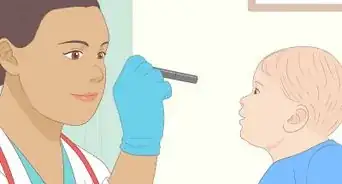
-Step-3-Version-2.webp)

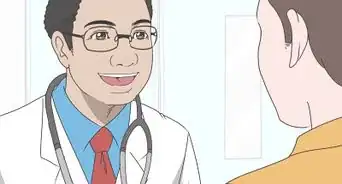
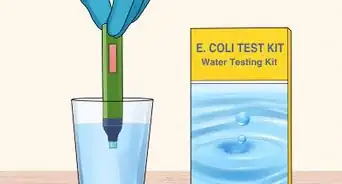

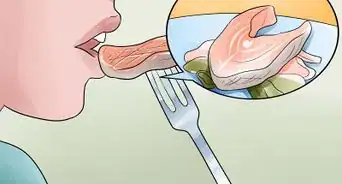

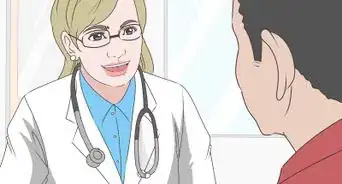
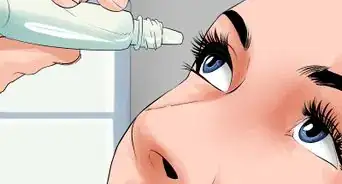








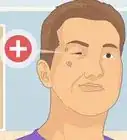
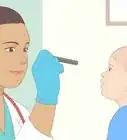
-Step-3-Version-2.webp)



































Medical Disclaimer
The content of this article is not intended to be a substitute for professional medical advice, examination, diagnosis, or treatment. You should always contact your doctor or other qualified healthcare professional before starting, changing, or stopping any kind of health treatment.
Read More...